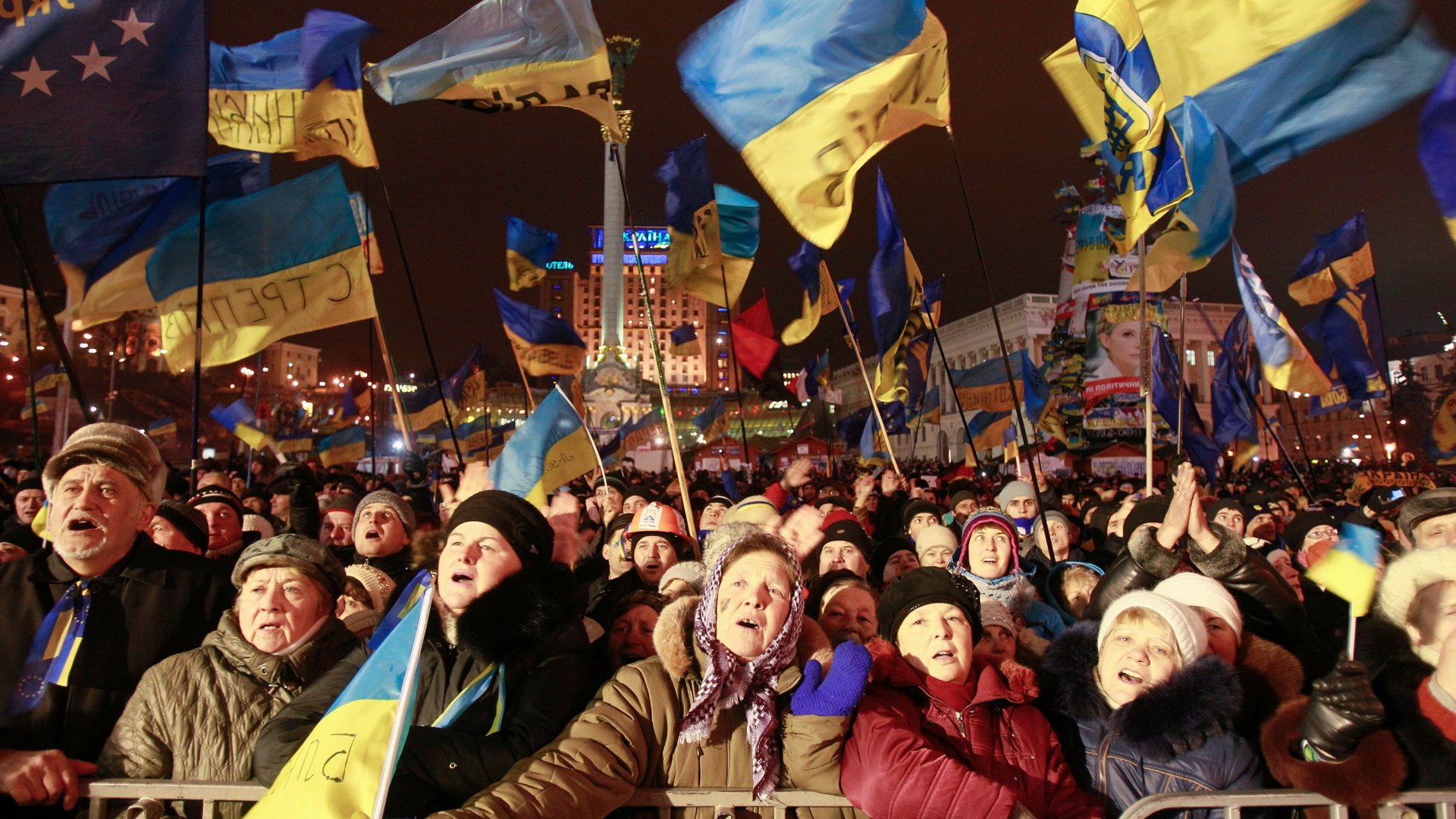The irony of America’s new global kleptocracy swat team
It’s day one of the new regime. Two months ago, opposition groups hit the streets to protest an autocratic government, and after the security forces got out of hand, a reconciliation government swept into power. The only problem? The president-for-life spent the last decade selling off the country’s assets for kick-backs, and the treasury is empty.


It’s day one of the new regime. Two months ago, opposition groups hit the streets to protest an autocratic government, and after the security forces got out of hand, a reconciliation government swept into power. The only problem? The president-for-life spent the last decade selling off the country’s assets for kick-backs, and the treasury is empty.
It’s not an uncommon story: In recent years, we’ve seen it play out in Libya and Egypt, Myanmar and now Ukraine, where journalists and activists actually set up camp in a palace formerly occupied by deposed president Victory Yanukovych in an attempt to document his corruption. The problem is hardly academic: Governments, like everything else, run on money, and adding fiscal woes to the myriad challenges of state-building in the wake of regime change is a recipe for chaos.
The United States has already sent a team of financial crime investigators to provide assistance hunting down Ukraine’s stolen assets, and now it will formalize this response, according to a speech delivered this morning by the top law enforcement officer in the US, Attorney General Eric Holder:
I am pleased to announce the creation of a dedicated Kleptocracy squad within the [Federal Bureau of Investigation.] This specialized unit will partner with our Asset Forfeiture and Money Laundering Section to aggressively investigate and prosecute corruption cases—not only in Ukraine, but around the world. The squad of about a dozen personnel will consist of case agents and forensic analysts who are capable of unraveling the intricate money laundering transactions commonly employed by kleptocrats. Their sophisticated work will be supported by deputy marshals from the United States Marshals Service and analysts from FinCEN, which is our financial intelligence unit. And this new initiative will provide the United States with increased capacity to respond rapidly to political crises as they arise–so we can help prevent stolen assets from being dissipated or secreted away by deposed regimes.
This kind of technical assistance will be a boon to new regimes. But there’s irony here that could cause some mistrust: The US is one of the biggest receivers of laundered money, its legal framework preserves the ability of kleptocrats to hide money here, and it doesn’t have a great record of timely responses to accusations of corruption.
Consider one example touted by Holder in his speech: In March, the FBI seized more than $458 million stolen by the Nigerian dictator Sani Abacha and delivered to tax havens through US banks. Abacha died in 1998. Then there’s Dymtro Firtash, the Ukrainian oil baron who prospered as an energy middle-man before being indicted for bribery by the US and reportedly squeezed for information on money flowing out of Ukraine; his indictment wasn’t unsealed until after Ukraine government fell. Another example is the tension between successive new Egyptian governments and the US over the location of former dictator Hosni Mubarak’s fortune, most of which was accrued while he was under American protection.
Ultimately, experts say, it’s easier and more efficient to stop illicit cash flows from leaving countries in the first place than try to track them through the byzantine global financial system after the fact.